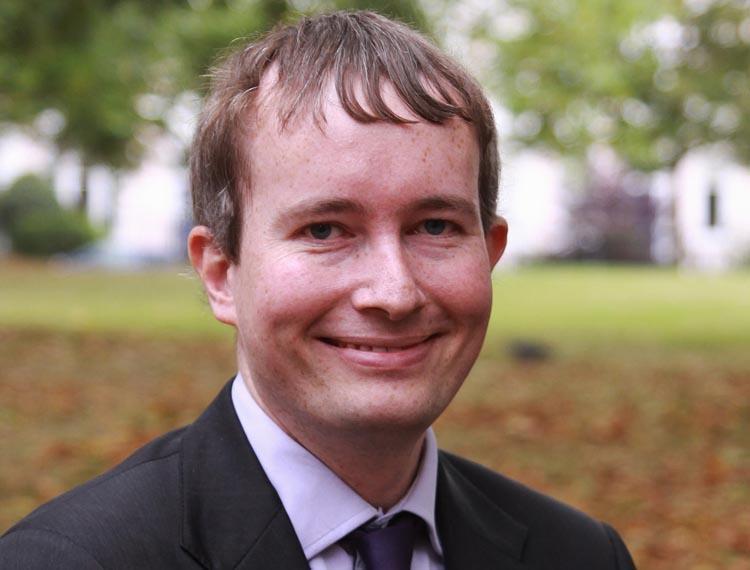Time to tackle burning injustice of disability employment gap

Today (7 Sept), Learning and Work Institute launch “Opportunity For All“, a collection of essays by leading thinkers on increasing employment opportunities for disabled people. With an employment rate gap of 30 percentage points, it’s time for Government and employers to come together to make a difference.
Back when I worked in the Treasury on employment policy in the early 2000’s, improving employment for people with health problems and disabilities was a big priority.
There was a persistent employment gap, yet around one million out-of-work disabled people said they wanted to work. It was clear that the benefit system and wider work and health support weren’t all they could be. Policy papers and changes were published. We were going to change this.
Fast forward to today and …. one million more disabled people need to be in work to halve the large and persistent employment gap. Disabled people in work face a pay penalty of £1.50 per hour. It is recognised that the benefit system and wider work and health support need to change to tackle this.
This is not to say that nothing has happened over this time: we’ve learned a lot both in this and other countries (though there’s much we still don’t know), and there’s excellent and dedicated work going on up and down the country. For example, Learning and Work Institute are working with locally-led pilots in London, Manchester and the Solent, and we’re helping to evaluate new pilots of employment support on behalf of the joint Department of Health and Department of Work and Pensions Work and Health Unit.
Ultimately, however, we are yet to see the transformative change we need.
So far, so depressing. Yet I am optimistic, and more so having read the essay collection we’ve launched with Shaw Trust. This brings together leading thinkers to set out what we need to do differently. This includes Dame Carol Black on early intervention and support when people develop health problems and disabilities; Ben Baumberg Geiger on a better work capability assessment; Paulette Cohen from Barclays on the role of employers; and Frank Field on the system changes we need to see.
All of this is very timely. Last Autumn (which feels like much more than a year ago), the Government launched a Green Paper on this very issue. They’re currently collating the responses to this, and we hope that our essay collection will help to inform the final Government response.
It’s also pressing for two reasons. The first is that the Conservative manifesto talked about tackling some of the burning injustices in society. Clearly the election didn’t pan out exactly as they’d hoped, but they are in government and there is recognition across the political divide that we need to tackle inequalities of opportunity – the disagreement is about how to do this.
There can be few more stark representations of such a burning injustice than the poorer employment opportunities for disabled people.
The second is economic. Put simply, as a country we are failing to utilise a large part of our potential workforce (of course, employment inequalities are one part of a wider set of inequalities disabled people face). As the UK leaves the European Union, it becomes more important than ever for our future prosperity to make the most of the talents of all our people.
So, we have a longstanding inequality and pressing need to tackle it. We also have lots of ideas, though no easy answer.
We should proceed with caution, testing what works, but with ambition.
Learning and Work Institute will be doing more work on what should happen next.
Our aim is that in ten years time we can all talk about the progress we’ve made together.












Responses